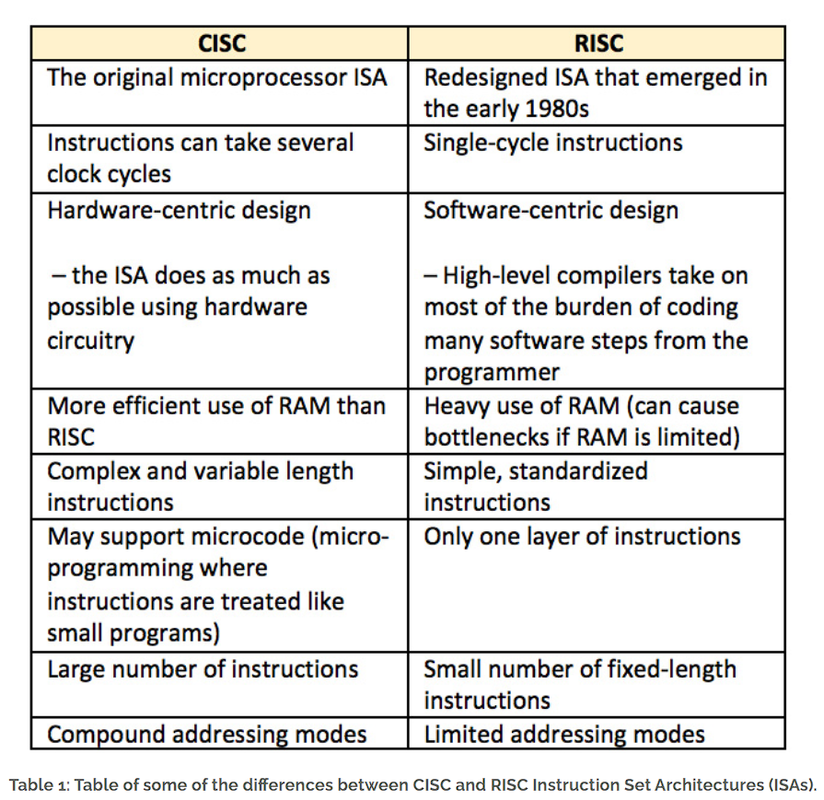Since we're getting closer to Apple's release of ARM-based macs, great success of Graviton2 on AWS, Fujitsu building world's fastest supercomputer with ARM, we should have a topic for it here. We're getting to a point where desktop/server/workstation ARM will become more commonplace as time goes on.
Gigabyte today announced a motherboard for Ampere Altra ARM processors which are used in servers:
https://www.anandtech.com/show/1594...ytes-2u-with-80-arm-n1-cores-pcie-40-and-ccix
Ampere's product lineup includes ARM processors using 24 cores, up to 80, running at up to 3.3GHz @ 250w. They support up to 4TB of 8-channel DDR4-3200, 128 lanes of PCIe 4 and support for CCIX. We will see 128-core variants next year.
https://images.anandtech.com/doci/15949/Altra5_575px.png
https://images.anandtech.com/doci/15949/Altra6.png
https://images.anandtech.com/doci/15949/AmpereLaunch-page-008_575px.jpg
**Do not Hotlink Images **
Obviously the biggest challenge right now is actually getting software ready for these processors. Linux on ARM is pretty good, and a lot of major packages work really well, but smaller and more niche stuff aren't optimised yet. We're going to wait and see how that turns out.
Gigabyte today announced a motherboard for Ampere Altra ARM processors which are used in servers:
https://www.anandtech.com/show/1594...ytes-2u-with-80-arm-n1-cores-pcie-40-and-ccix
Ampere's product lineup includes ARM processors using 24 cores, up to 80, running at up to 3.3GHz @ 250w. They support up to 4TB of 8-channel DDR4-3200, 128 lanes of PCIe 4 and support for CCIX. We will see 128-core variants next year.
https://images.anandtech.com/doci/15949/Altra5_575px.png
https://images.anandtech.com/doci/15949/Altra6.png
https://images.anandtech.com/doci/15949/AmpereLaunch-page-008_575px.jpg
**Do not Hotlink Images **
Obviously the biggest challenge right now is actually getting software ready for these processors. Linux on ARM is pretty good, and a lot of major packages work really well, but smaller and more niche stuff aren't optimised yet. We're going to wait and see how that turns out.
Last edited by a moderator:



